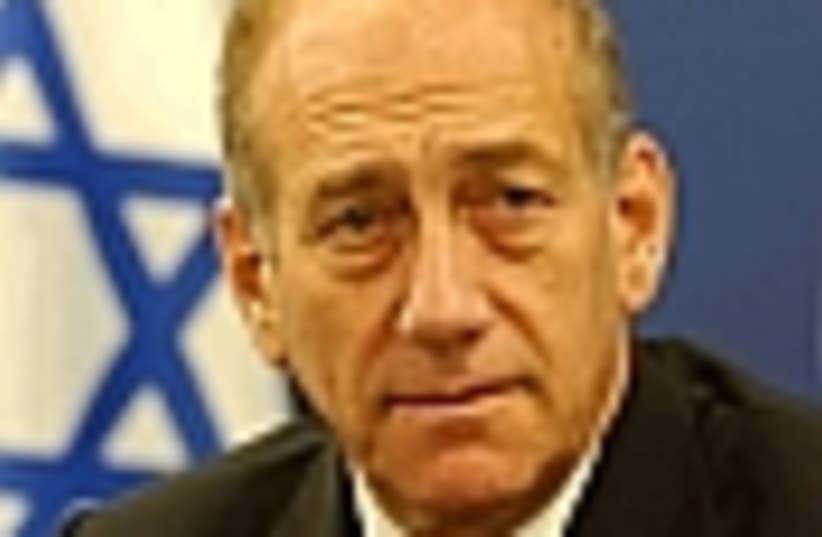Yishai said after the meeting that he thought the IDF should hit at Lebanese infrastructure and bombard villages from which Katyusha firing on Israel was emanating before sending in more ground troops.
Paz-Pines has consistently voted against expanding the operation since the fighting began, and Peres expressed concern in the meeting that expanding the operation would hinder diplomatic efforts aimed at bringing about a significant change in Lebanon's political reality.
A communiqu released after the meeting said plans brought by Defense Minister Amir Peretz and the IDF had been approved, and that the forum empowered Olmert and Peretz to determine when the operation should begin. The decision did not, however, obligate them to act.
One indication of how closely the decision to embark on the expanded operation is tied to the diplomatic process was that Olmert recessed the meeting for some 30 minutes to talk by phone with US Secretary of State Condoleezza Rice. That conversation centered on the intense diplomatic wrangling taking place at the Security Council over the US-French draft cease-fire proposal circulated on Saturday.
The US and France disagree over Arab demands for changes to the original draft resolution. A vote on an amended resolution is now not expected until Friday at the earliest.
The White House said Wednesday that it opposed Israel's decision to escalate the violence in the Middle East by deciding to order ground troops deeper into Lebanon to attack Hizbullah targets.
The criticism was among the strongest the Bush administration has issued against Israel since the fighting began four weeks ago.
"We are working hard now to bridge differences between the United States position and some of the positions of our allies," Snow told reporters gathered near President Bush's ranch, where he was vacationing. "We want an end to violence and we do not want escalations."
In addition to expanding the IDF operation and continuing to use the air force, navy and ground forces throughout Lebanon to hit Hizbullah targets, the cabinet resolution also empowered the government to "continue with the efforts to achieve a political agreement, especially in the framework of the UN Security Council."
The resolution listed the goals of this political agreement as follows:

